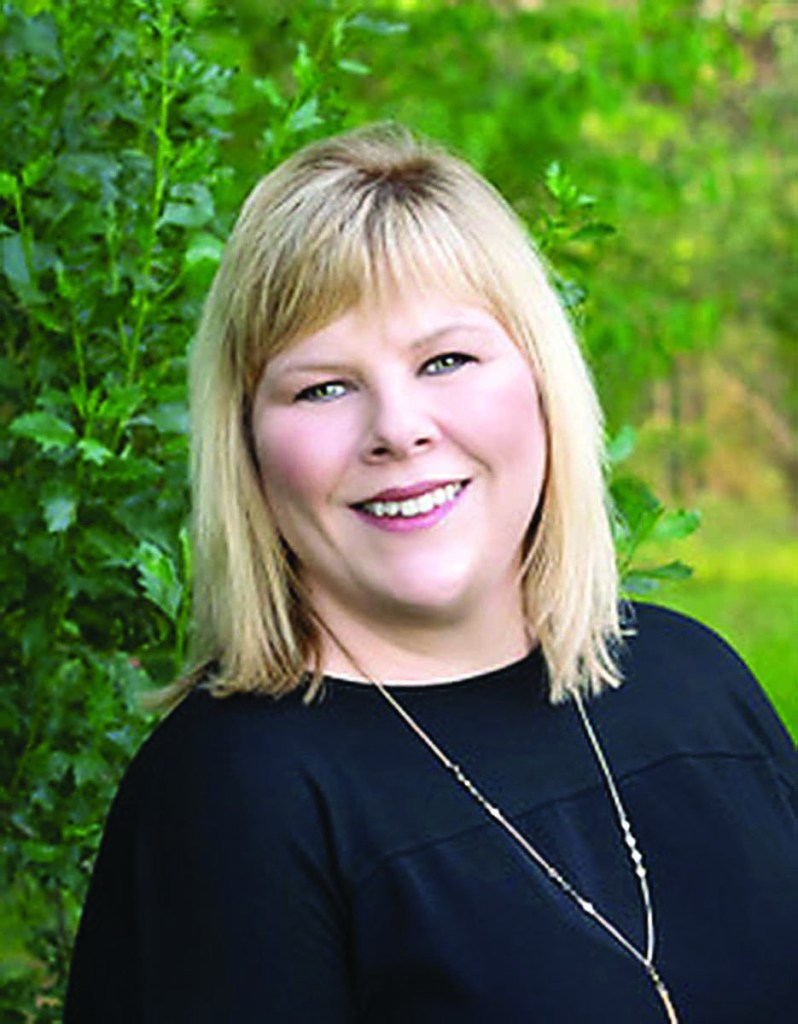School board, District 3: Watson joined board at tough time for schools
Published 7:18 pm Tuesday, May 26, 2020

- Mary Beth Watson.
Editor’s note: The Moultrie Observer has been running profiles of candidates in the June 9 election sporadically since April 28. Up until now, all candidates for a given office have been posted within minutes of one another. Incumbent Mary Beth Watson is seeking re-election to the Board of Education, but her opponent, Allen Dalton, has not provided The Observer with information to write his story. We are posting Watson’s profile here today and will post a profile of Dalton when we receive his information.
MOULTRIE, Ga. – Mary Beth Watson is running once more for the position of District 3 member of the Colquitt County Board of Education.
“I grew up in Colquitt County and graduated from Colquitt County High School. My parents are both retired educators, so education was always highly valued in our home. My parents also instilled the importance of being a good citizen and using the gifts you have, time, talent, and resources, to better your community and help those around you,” said Watson.
After high school, Watson continued her education at the University of Georgia where she earned a Bachelor of Science in Family and Consumer Sciences and later a master’s degree in Occupational Studies with an emphasis in Higher Education.
“Although I have worked since I was a young teenager, my first professional position was as a Family and Consumer Sciences teacher at Loganville High School in Walton County,” she said. “When our family returned to Moultrie in the summer of 2000, I accepted a position teaching 4th grade at Cox Elementary School.
“The next year I transitioned to Moultrie Technical College which later became Southern Regional Technical College. While at the technical college, I had the opportunity to manage state and federal grants as the Tech Prep/School to Work Coordinator, serve as Student Financial Services Director where I administered the HOPE, Pell, SEOG, and Federal Work Study Programs, coordinate accreditation and evaluation activities as the Institutional Effectiveness Director, and finally to coordinate business and industry training and continuing education offerings as Director of Economic Development.
“In 2007 my father-in-law passed away unexpectedly,” she said, “and I left the college to assist my husband, James, in running our family’s real estate businesses. For the last four years, I have served as the Vice President for Accounting and Administration at the Sunbelt Ag Expo. I feel like my unique blend of education and business experience positions me well to be an effective board member.”
Her service on the Board of Education began as an outgrowth of motherhood, she said.
“My path to the Board of Education began when my daughter, Mary Grace, entered Pre-K at RB Wright Elementary School. I served as a room mother throughout her time at RB Wright and later as chair of PTA committees and events before finally serving as PTA President. I was elected as a parent representative to the school council at RB Wright and Willie J. Williams Middle School,” said Watson. “These experiences gave me the opportunity to see first-hand the challenges facing our system, our educators, and our children. I enjoyed being a part of the school improvement process and desired the opportunity to be a part of system improvement, so in 2012, I qualified to run to represent District 3 on the Colquitt County Board of Education.”
When she was first elected, Watson found that things at the schools were tough.
“I was elected to the board in the middle of an economic recession,” she recalled. “It was a tough time for the system. The system reserves were almost depleted, the state was unable to fully fund school systems in accordance with the Quality Basic Education formula, teachers were experiencing furlough days, and class sizes were growing. Shifting demographics and the challenges that accompany those changes threatened to stagnate the academic growth of recent years. Assessments yielded data that let the system know how it had performed in the prior year, but the data offered little guidance for making improvements in the future. The system’s technology was aging, and the supply of devices was inadequate for the number of students the system serves.”
Things are much better now, she said.
“While there is much more to be accomplished,” she said, “I am proud that I played a role in accomplishments including: Restoring the school calendar to a full 180 days; teacher raises; increasing system reserves to nearly $10M providing stability for the system; completing construction on a state-of-the-art high school and renovations on the remaining two elementary schools; implementation of formative assessments and data use strategies to allow for real-time interventions to improve student literacy; addition of teaching positions to decrease class sizes and increase services to special needs learners; increased utilization of student achievement data in decision-making and budgeting; technology purchases to achieve a 1:1 ratio in grades 8-12 and implementation of a technology rotation plan; improvements in services to gifted learners including the creation of Packer X at Williams Middle School; increased opportunities for Advanced Placement and Dual Enrollment coursework; increased opportunities for career, technical, and agricultural education as well as fine arts education; implementation of mental health training and protocols; addition of safety and security equipment in buildings and on buses; and the addition of two school resource officers to serve elementary schools.”
And, Watson said, the board accomplished all those things while maintaining the lowest property tax millage rate in the region.
“We have made great strides, but the work is not complete,” she said. “Despite our growth, literacy levels continue to lag behind state and national averages. I will work to expand our interventions and to forge public/private partnerships that will provide an extra level of support for struggling learners. In addition to increasing achievement levels for struggling learners, I will strive to close the achievement and opportunity gap for our highest-level learners as compared to students in more affluent districts. School safety and student discipline continue to be areas of concern in our system and across the nation. Appropriate safety plans must include a combination of safety equipment and personnel, mental health initiatives and strong student discipline policies. Teacher recruitment is a challenge — especially for rural districts. I will work to combat teacher shortages by increasing high school initiatives to develop future teachers, increasing recruitment efforts, ensuring that our compensation packages remain competitive, and partnering with community groups to help new teachers plug into the community.”
“I will continue working with the Development Authority and the Chamber of Commerce to expand the role of our system as a partner in recruiting and retaining business,” she added. “I will work to increase communication with all stakeholders in the community and to ensure that the system’s success stories are told and that school system initiatives are marketed well.
“The COVID-19 pandemic has revealed the need for rigorous distance learning opportunities,” she said. “Incorporating technology in classroom instruction has been an emphasis for years, but as a system, we will have to devote resources to ensuring that we are able to continue seamless educational opportunities regardless of whether our students can come to our facilities or not. Ultimately, the success of any system or business will rise and fall on leadership, and I will ensure quality leaders fill our system at all levels. I want to continue to grow and improve our system so that all Colquitt County families can say they proudly choose public education.”





